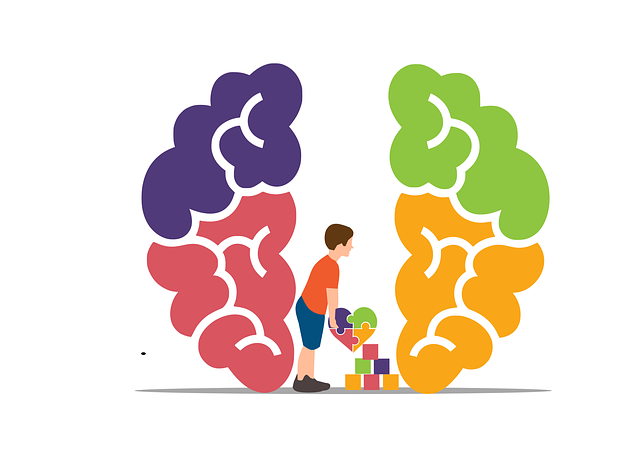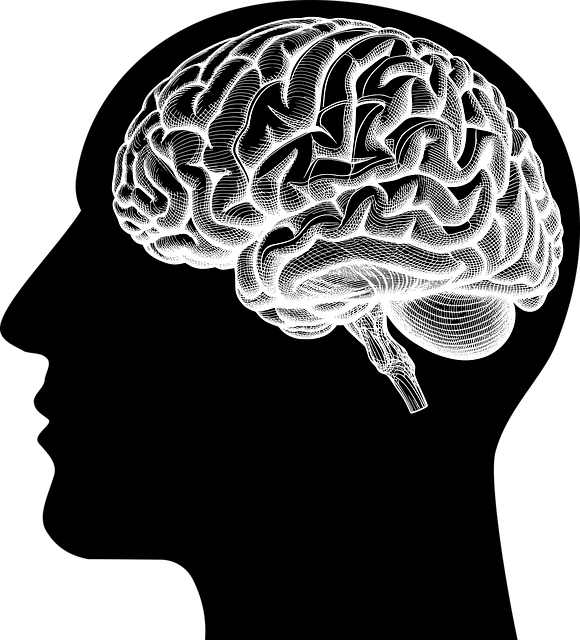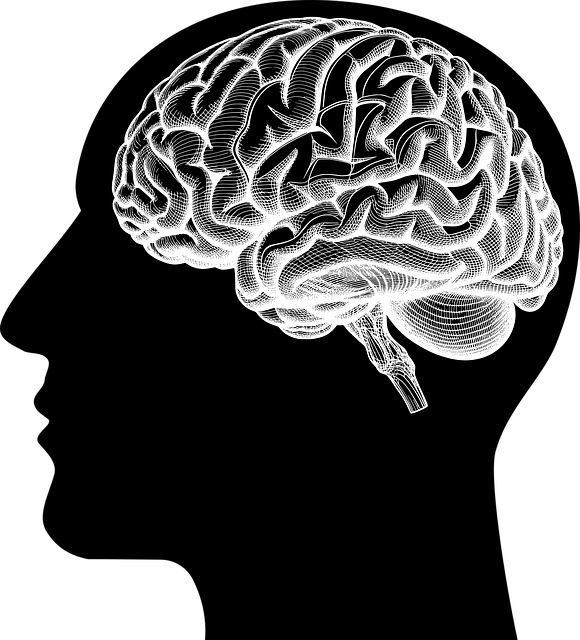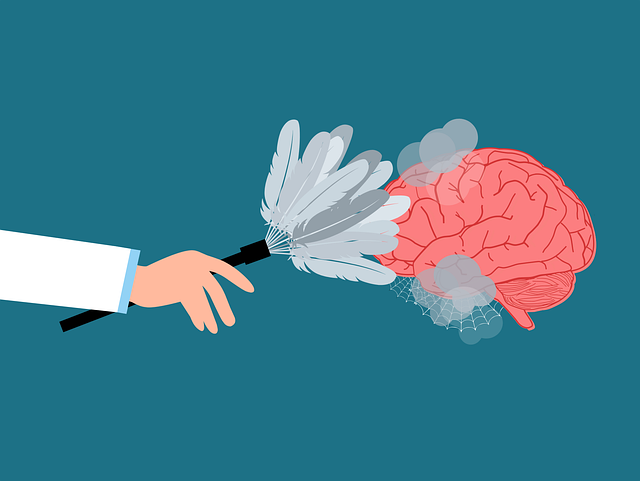Louisville EMDR Therapy is a recognized psychotherapy approach using bilateral stimulation (often eye movements) to reprocess traumatic memories, reducing associated emotions and improving mental health. A holistic mental wellness program incorporates this therapy along with mindfulness meditation, progressive muscle relaxation, empathy-building strategies, and mental wellness podcasts. Evaluations use both quantitative (CGIS, PCL, mood management tracking) and qualitative methods (interviews, focus groups, surveys) to assess its effectiveness in treating PTSD and optimize outcomes. This diverse toolkit includes standardized assessments before, during, and after the program for tracking progress and identifying areas for refinement.
“Uncover the power of Louisville EMDR Therapy—a revolutionary mental wellness approach. This article explores its core principles and benefits, setting the stage for a comprehensive evaluation of therapeutic programs. We delve into the key components that define an effective mental wellness initiative, focusing on Louisville EMDR as a case study. Learn about advanced evaluation methods, combining qualitative client feedback with quantitative metrics, to ensure the success and refinement of mental health treatments.”
- Understanding Louisville EMDR Therapy: An Overview of its Principles and Benefits
- Key Components of a Comprehensive Mental Wellness Program
- Evaluation Methods for Measuring the Efficacy of EMDR Therapy
- Integrating Client Feedback: Qualitative Assessment Techniques
- Quantitative Metrics for Tracking Progress in Mental Health Programs
Understanding Louisville EMDR Therapy: An Overview of its Principles and Benefits

Louisville EMDR Therapy, or Eye Movement Desensitization and Reprocessing, is a psychotherapy approach designed to help individuals process traumatic memories and reduce the intensity of associated emotions. This therapy involves guiding patients through bilateral stimulation, typically eye movements, while recalling distressing events. The purpose is to help the mind reprocess these memories, reducing their negative impact on mental health.
The principles behind Louisville EMDR Therapy focus on accessing and reinterpreting traumatic memories, thereby improving self-esteem and fostering positive thinking. By desensitizing patients to these experiences, it aims to enhance mental health awareness and overall well-being. This method has gained recognition for its effectiveness in treating post-traumatic stress disorder (PTSD) and other trauma-related conditions, offering a promising approach for those seeking recovery and healing.
Key Components of a Comprehensive Mental Wellness Program

A comprehensive mental wellness program is a multi-faceted approach designed to address various aspects of an individual’s psychological and emotional well-being. Key components include tailored therapy sessions, such as Louisville EMDR Therapy, which focuses on trauma resolution and emotional processing. This type of therapy combines elements of cognitive therapy with eye movement desensitization and reprocessing (EMDR) techniques to help individuals work through past traumatic experiences and reduce their impact on present mental health.
Complementing these therapeutic interventions are stress reduction methods, empathy-building strategies, and mental wellness podcast series production. Stress reduction techniques like mindfulness meditation, deep breathing exercises, and progressive muscle relaxation help individuals manage anxiety and promote a sense of calm. Empathy building strategies foster understanding and connection, enhancing social support networks that are vital for sustained mental health. Additionally, producing a mental wellness podcast series can provide valuable resources, sharing expert insights and personal narratives to inspire listeners on their journey towards improved mental wellness.
Evaluation Methods for Measuring the Efficacy of EMDR Therapy

The Evaluation of EMDR Therapy in Louisville has become a crucial aspect of mental health care. This therapeutic approach, known for its effectiveness in treating trauma and post-traumatic stress disorder (PTSD), requires meticulous evaluation methods to measure its efficacy. Researchers and practitioners use a combination of quantitative and qualitative techniques to assess the progress and outcomes of EMDR therapy.
Standardized assessment tools, such as the Clinical Global Impression Scale (CGIS) and the PTSD Symptom Checklist (PCL), are often employed to gauge changes in symptom severity. Additionally, healthcare providers may implement Burnout Prevention Strategies for Healthcare Providers, incorporating mood management techniques and social skills training, to evaluate the therapeutic process. These evaluations provide insights into the success of EMDR therapy in Louisville, ensuring that treatments remain tailored to individual needs and promoting positive mental wellness outcomes.
Integrating Client Feedback: Qualitative Assessment Techniques

Integrating client feedback through qualitative assessment techniques is a powerful method to evaluate mental wellness programs, including Louisville EMDR Therapy. This approach allows for a deeper understanding of participants’ experiences and perceptions by gathering rich, narrative data. Techniques such as individual interviews, focus groups, and client surveys provide insights into the program’s impact on their emotional well-being, particularly in areas like mood management and emotional regulation.
By employing these qualitative methods, mental health professionals can uncover subtleties and nuances that quantitative assessments might miss. This is especially important when evaluating complex topics such as burnout prevention, where clients’ subjective experiences play a pivotal role. Through open-ended questions and narrative structures, practitioners can gain valuable insights into participants’ journeys, enabling them to refine and enhance the Louisville EMDR Therapy program for optimal effectiveness.
Quantitative Metrics for Tracking Progress in Mental Health Programs

Evaluating mental wellness programs is an intricate process that relies on diverse measurement tools to gauge success and identify areas for improvement. Quantitative metrics play a pivotal role in this assessment, offering tangible data to track progress over time. One effective approach involves utilizing standardized assessments and surveys before, during, and after the program to measure changes in symptoms, functioning, and overall mental health. For instance, the Clinical Global Impression (CGI) scale can quickly assess symptom severity, while tools like the Patient Health Questionnaire (PHQ-9) evaluate depressive symptoms, providing valuable insights for Louisville EMDR Therapy programs.
These quantitative metrics not only track individual progress but also contribute to a broader understanding of the program’s effectiveness. By analyzing trends and comparing outcomes across different groups, mental health professionals can pinpoint successful interventions and stress reduction methods. Moreover, data collection facilitates the identification of specific areas where participants may require additional support, such as enhancing self-esteem improvement strategies within the program framework.
The evaluation of mental wellness programs, particularly those integrating innovative approaches like Louisville EMDR Therapy, is crucial for ensuring their efficacy and effectiveness. By combining qualitative client feedback with quantitative progress tracking, mental health professionals can gain a comprehensive understanding of treatment outcomes. This dual-method approach not only enhances the overall success of these programs but also allows for continuous improvement and refinement, ultimately benefiting those seeking support for their mental wellness journeys.














